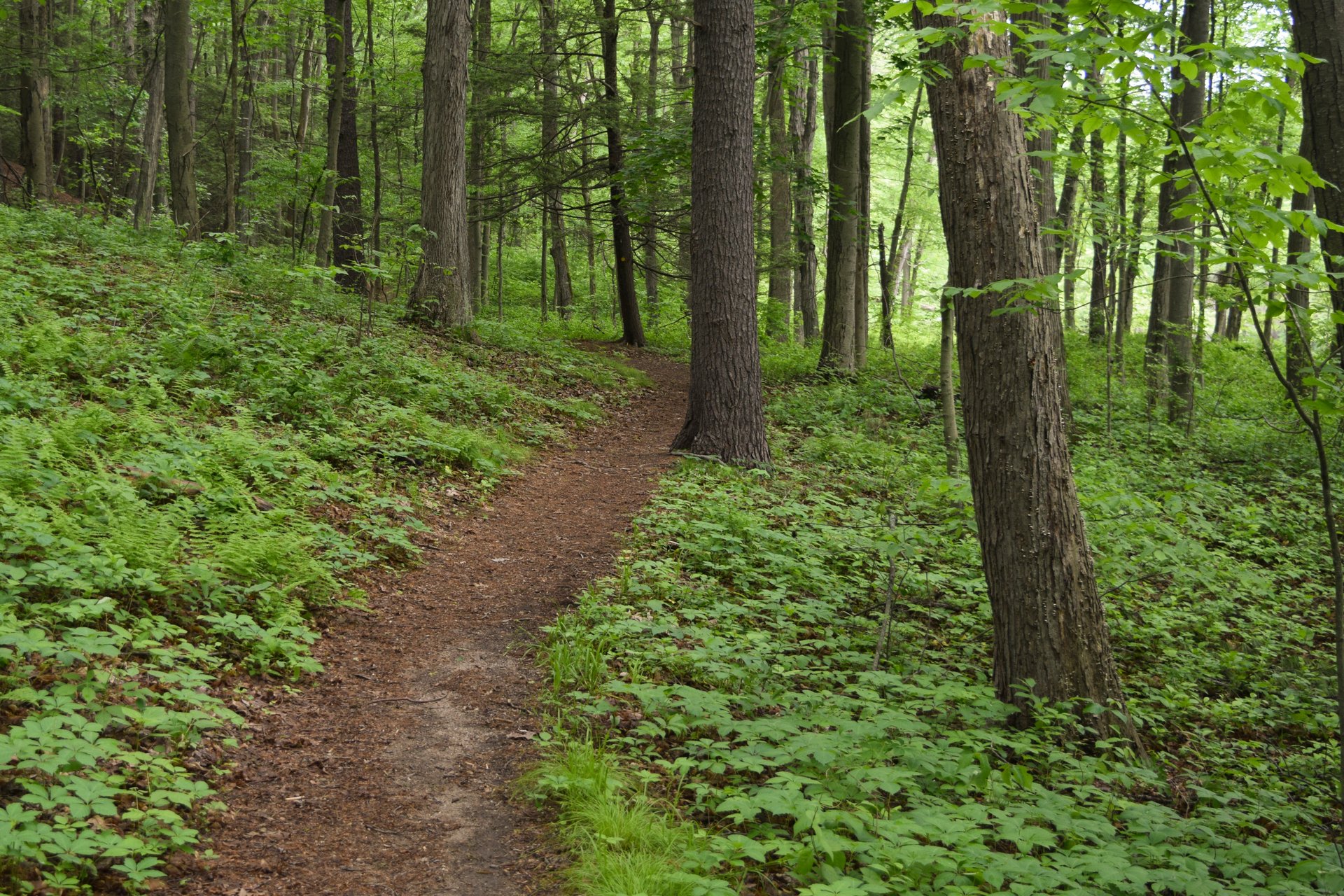Arcadia Wildlife Sanctuary
Support Arcadia Wildlife Sanctuary
Arcadia Wildlife Sanctuary has been protecting critical habitat in the Connecticut River Valley since 1944. But we could not accomplish all that we do without the generous support of our members, donors, volunteers, and program participants.
Donate
Every little bit helps us accomplish our mission. While many of our programs require fees, those fees don't cover the full cost of running the programs, maintaining the facilities, and managing the sanctuaries.
Become a Leadership Friend
Donations at the Leadership Friend level are particularly important. These gifts provide the security we need in order to plan and provide the best possible nature education experience for our visitors. Please consider a donation at one of the following levels:
- Founder’s Circle with a gift of $2,500+
- President’s Circle with a gift of $1,500+
- Guardian level with a gift of $1,000+
Learn more about becoming a Leadership Friend
Volunteer
We are always looking for helping hands for visitor services, education, property stewardship, and more. See opportunities
Work With Us
Mass Audubon offers a work environment that is challenging, yet flexible. Our compensation and benefits program is competitive, including a 403(b) plan and generous paid time off. Every inquiry will be treated confidentially. Mass Audubon is proud to be an Equal Employment Opportunity Employer. See opportunities
For Businesses & Organizations
Mass Audubon offers unique ways for businesses and nonprofit organizations to get out in nature and support a great cause.
Community Partners Program
Become a Community Partner and get great benefits for your employees, while supporting Wellfleet Bay and Mass Audubon's statewide efforts to protect wildlife and wild lands. Learn more about the Community Partners Program
Group Volunteering
We offer flexible group volunteer experiences for organizations, large and small, throughout the year. Contact us



